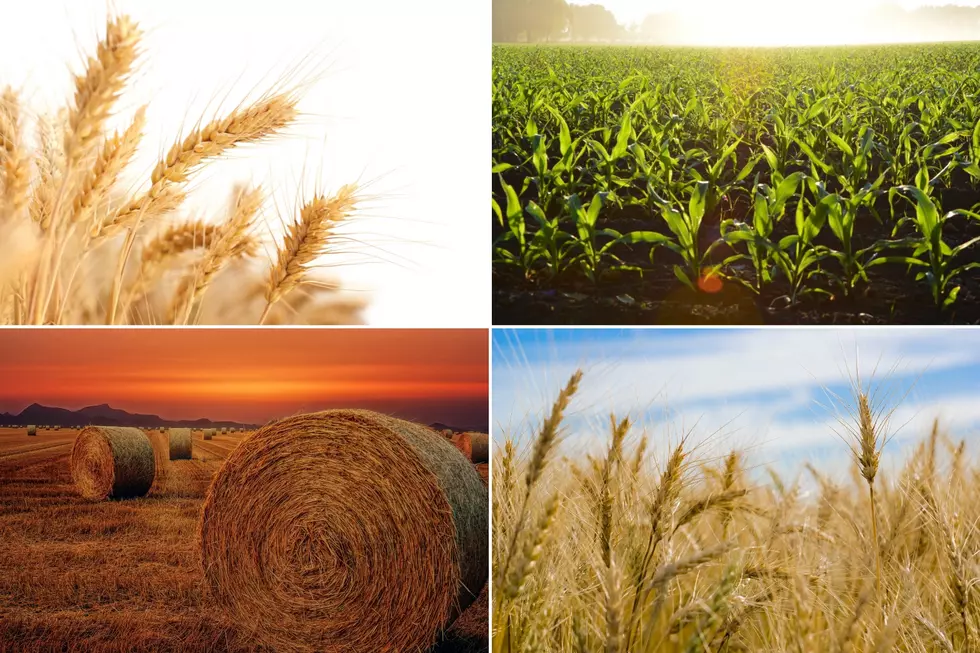
Will the Sheep and Goat Import Ban Stay?
U.S. Sen. John Barrasso, of Wyoming, introduced legislation to stop the Biden Administration from lifting a ban on imports of sheep and goat products until accurate studies show the possibility of contamination or transmission of diseases have been completely eliminated.
In 2022, the U.S. Department of Agriculture implemented a final rule to remove BSE-related import restrictions on sheep and goats and their products. The Stop and Study Sheep and Goat Import Ban will stop this rule from taking effect and require updated, thorough research before exposing the sheep and goat industry – and ultimately U.S. consumers – to possible contaminations.
“In Wyoming, the sheep and goat industries have been a part of our ranching way of life since statehood. We know we can rely on American producers to provide families with safe, reliable and healthy meat products,” said Barrasso. “Imported sheep and goats are at a higher risk of being contaminated or diseased. It’s critical that we keep the ban on imported sheep and goats in place until we can prove they are free of any possible diseases or contaminations.”
Cosponsors of this legislation include Sens. Cynthia Lummis (WY), John Hoeven (N.D.), Kevin Cramer (N.D.) and Mike Rounds (S.D.). This bill has received support from the American Sheep Industry Association.
“The American Sheep Industry Association greatly appreciates the leadership of Senator Barrasso on this important legislation. It has been over 20 years since USDA has looked at the impacts of increased imported lamb on our domestic market. ASI has continued to ask successive administrations to prioritize export opportunities for U. S. producers, before allowing additional imports. The necessary legislation introduced by Senator Barrasso in the Senate will provide the domestic sheep and lamb industry the information we need to assess the potential impacts of importing and exporting lamb products and inform the conversation going forward,” said ASI President Brad Boner.
The Stop Sheep and Goat Import Ban will:
- Direct the secretary of agriculture to conduct a study on the potential costs and benefits of the delayed rule.
- Require the secretary’s study to research:
- the estimated amount of sheep and goat meat imported into the United States as a result of the implementation of the rule.
- the estimated increase in the number of live sheep and goats imported into the United States as a result of the rule.
- the estimated demand for sheep and goat meat in the United States during the 10-year period beginning on the date of the enactment of the bill.
- the impact of the COVID–19 pandemic on the economic data and market conditions for imports of sheep and goat meat and live sheep and goats.
- any negative impacts that could result from the implementation of the rule.
- Require the secretary to submit the study to respective committees in the House and Senate no later than one year after this bill is signed.
Source: Office of U.S. Senator John Barrasso of Wyoming & American Sheep Industry Association
Inside Meghan Trainor's North Hollywood Farmhouse
Gallery Credit: Rob Carroll
More From PNW Ag Network









